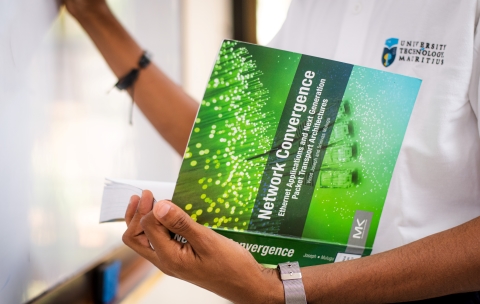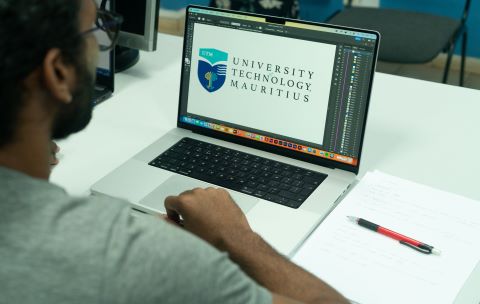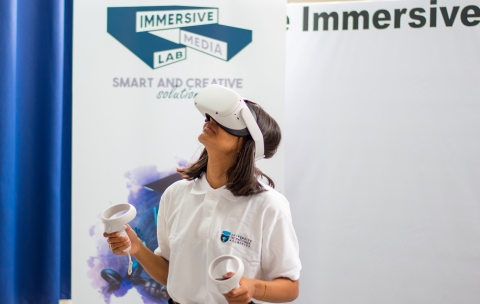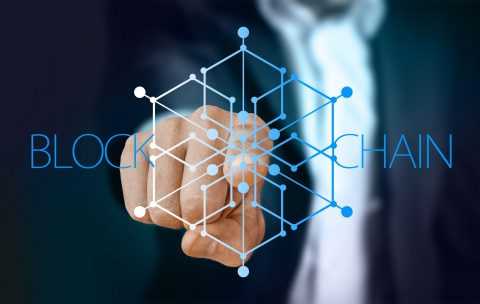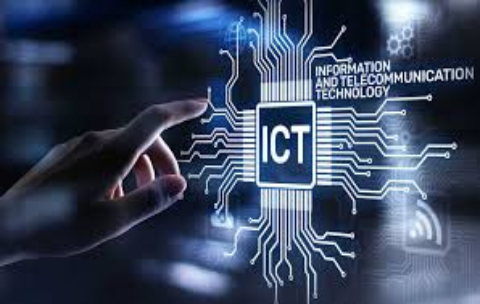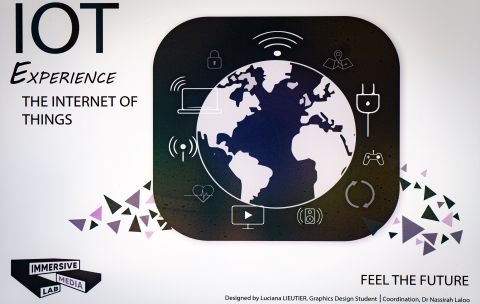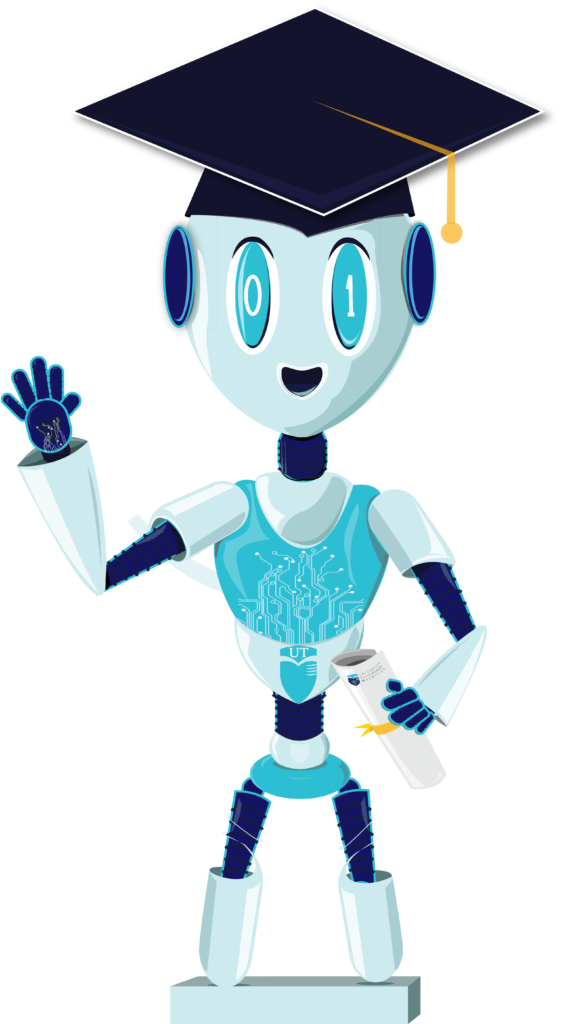MSc Blockchain Technologies and Business Applications
Blockchain technologies are geared to create new foundations for the …
MSc Blockchain Technologies and Business Applications
What you'll learn
BSc (Hons) Intelligent Systems and Robotics
The concept of Industry 4.0 and 5.0 (I4.0/I5.0) refers to …
BSc (Hons) Intelligent Systems and Robotics
What you'll learn
MSc (Eng) Renewable Energy
Renewable Energy (RE) represents the solution to increasing energy demands …
MSc (Eng) Renewable Energy
What you'll learn
MSc (Eng) Telecommunications Engineering
Telecommunication is one of the most rapidly developing industry sectors …
MSc (Eng) Telecommunications Engineering
What you'll learn
Diploma in Emerging Technologies (with specialization in either Internet of Things or Big Data)
This Diploma in Emerging Technologies programme is designed to give …
Diploma in Emerging Technologies (with specialization in either Internet of Things or Big Data)
What you'll learn
BSc (Hons) Computer Science with Network Security
Programme Information In this era of rapid evolution in science, …
BSc (Hons) Computer Science with Network Security
What you'll learn
MSc Computer Science with Emerging Technologies
This MSc Computer Science with Emerging Technologies course will equip …
MSc Computer Science with Emerging Technologies
What you'll learn
MSc in Information and Communication Technology with Specialisation in Networking
The MSc programme in Information and Communication Technology (ICT) with …
MSc in Information and Communication Technology with Specialisation in Networking
What you'll learn
BEng (HONS) Telecommunication Engineering
Programme Information: This programme is designed to integrate telecommunication systems …
BEng (HONS) Telecommunication Engineering
What you'll learn
BEng (Hons.) Electronic Engineering
Programme Information Nowadays, it is almost impossible to find a …
BEng (Hons.) Electronic Engineering
What you'll learn
BSc (Hons) Network and Telecommunication Technologies
This BSc (Hons) Network and Telecommunication Technologies programme emphasizes an …
BSc (Hons) Network and Telecommunication Technologies
What you'll learn
BSc (Hons) Emerging Technologies (Top-Up)
This BSc (Hons) Emerging Technologies Top-Up programme is designed to …

